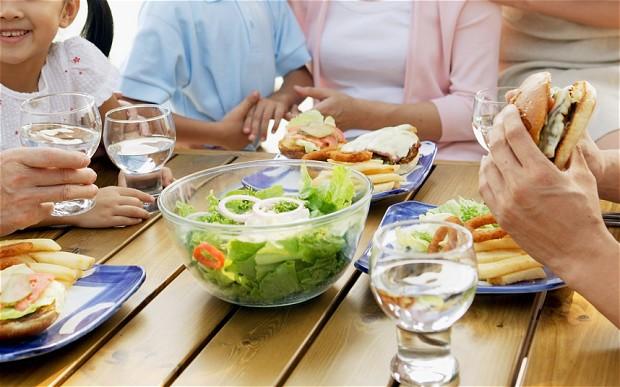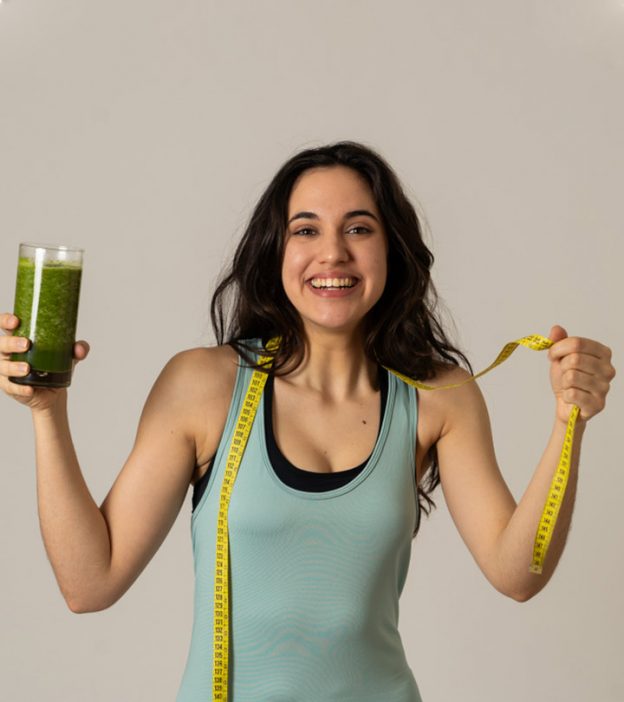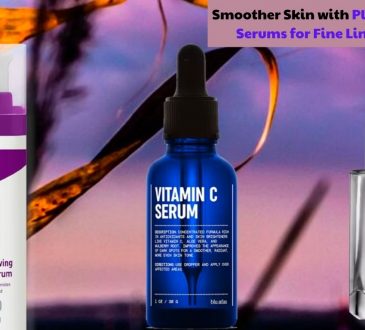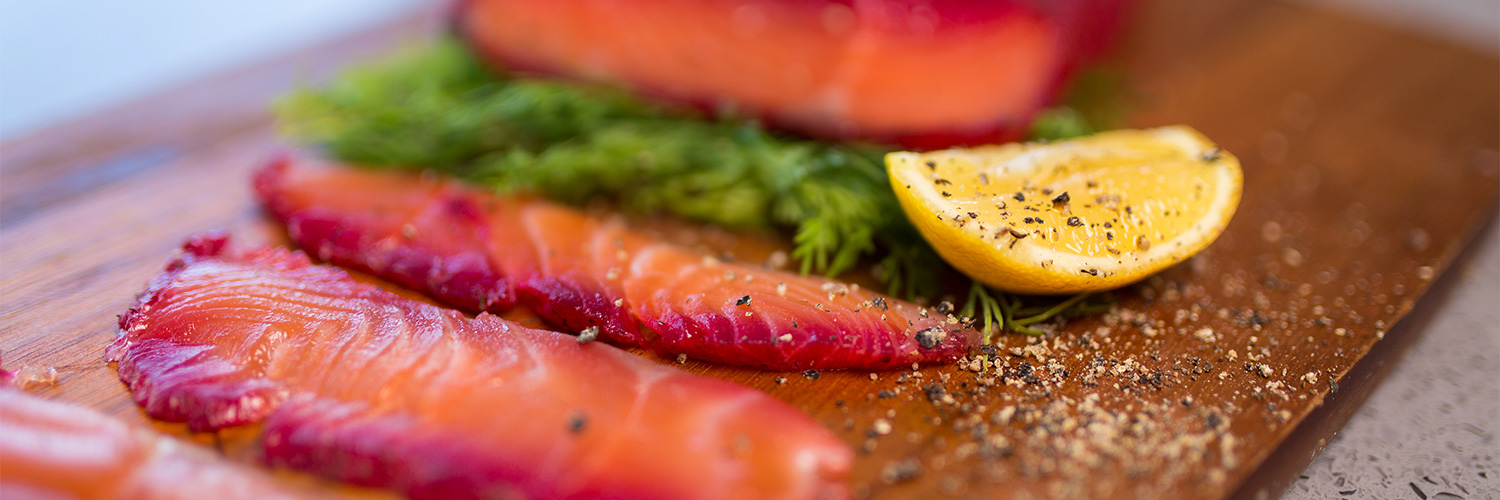The Only Crash Diet to Consider If You Must Lose Weight Fast
A crash diet is the fastest way to lose weight. It restricts calorie intake and is good for short-term weight loss. But being on a very low-calorie diet for a long period may lead to eating disorders, compromised immunity, hair loss, and irregular menstruation.
Contents
Load up on non-starchy veggies

Face it, if you want to lose weight over the long haul, your best bet is to make sustainable, long-term lifestyle changes.But sometimes life comes at you fast and you need a fast solution. One smart lifestyle change is to eat plenty of veggies—especially for someone looking to lose weight. Vegetables are nutrient-packed and provide plenty of filling fiber with hardly any calories. Plus, non-starchy veggies have a high water content, so they hydrate you while filling you up—the perfect combination for weight loss.
Aim for filling at least half of your plate with non-starchy veggies like asparagus, peppers, broccoli, cauliflower, mushrooms, spinach, kale, cucumbers, and more. This is a great idea for everyone’s health, not just people wanting to lose weight.
Swap the salt for herbs and spices
Another healthy change that will help you look better is to cut back on salt. Sodium causes your body to hold onto excess water, so eating a high-salt diet means you’re likely storing more water weight than necessary. If you’re in a rush to lose weight fast, cut out added salt as much as possible. That means keep ditching the salt shaker and avoiding processed and packaged foods, where added salt is pretty much inevitable.
Try making food from scratch rather than eating out before your big event to further limit sodium and fight bloat. Even at healthier restaurants, sodium levels tend to be through the roof.
Drink lots of water before meals

It seems counterintuitive to drink lots of water when you’re looking to lose weight fast—especially water weight—but staying hydrated is one of the most important steps you can take to lose weight. People often mistake thirst for hunger, so staying hydrated allows you to be more in touch with the times when you are actually hungry, rather than just thirsty. Plus, a lot of good things happen to your body when you drink enough fluids.
Downing a glass of water before a meal has also been shown to lead to increased weight loss by decreasing the amount you eat at meals. It’s hard for your eyes to be bigger than your stomach when you’re already full from downing plenty of water! Staying hydrated also promotes good digestion, so you’re less likely to end up backed up and bloated.
Avoid gas-forming foods
Want to know how to lose weight fast and reduce bloating instantly? Avoid gas-forming foods leading up to your big event.
When you chew gum, you swallow more often than you would without a piece of gum in your mouth. Some of what you swallow is air, and that can get trapped, making you feel bloated. Most sugar-free gums are made with sugar alcohols, which can cause gas in some people as well.
Soda and diet soda often have gas-forming sugars or sugar alcohols—plus, they’re carbonated. Those bubbles trapped in liquid can leave you feeling bloated.

Everyone’s body is different when it comes to digesting some gas-forming foods, but there are a few you should be wary of: It’s best to avoid beans and cruciferous veggies (think cabbage, Brussels sprouts, cauliflower, and broccoli) for a couple of days if you want to look slimmer. Choose lean proteins like chicken and fish or, if you’re vegetarian, go for small amounts of nuts and seeds for protein. Pair with non-gassy vegetables like asparagus, spinach, and cucumber to help prevent bloat.
Ditch the packaged foods
Processed, packaged foods are often loaded with more salt, sugar, and refined carbs than you’d put in the foods you cook for yourself. When you’re looking to drop weight fast, avoid foods that come in packages and stick to whole, unprocessed foods. Build your plates with non-starchy veggies, unprocessed whole grains, lean proteins, and healthy fats, and season with spices, not salt.



